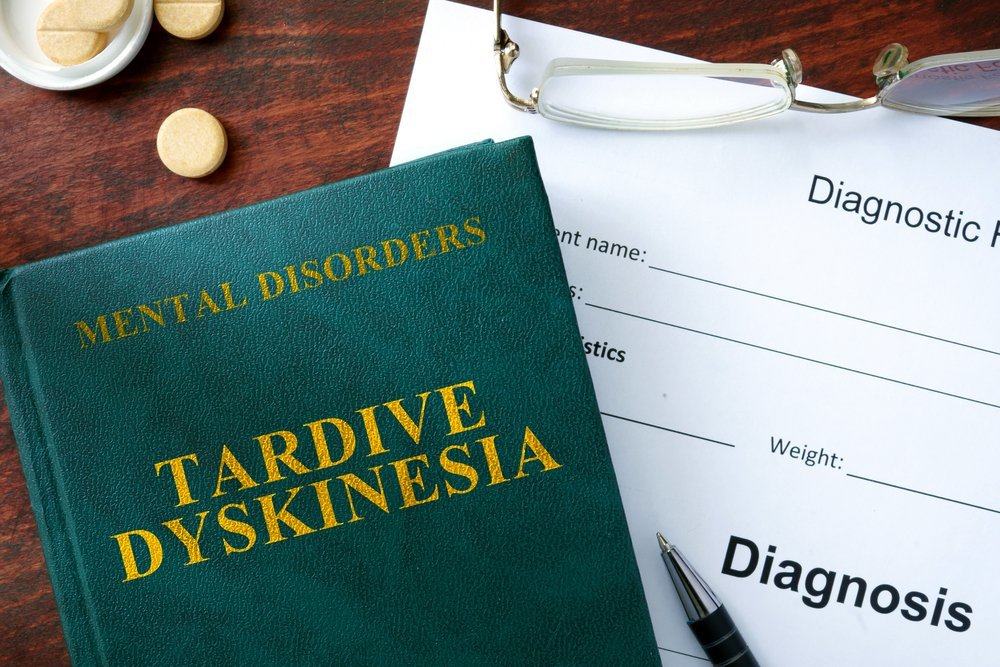Contents:
- Medical Video: Chorioamnionitis Explained by a Lawyer
- What is chorioamnionitis?
- Who is most at risk of developing chorioamnionitis?
- What are the signs of infection in the amniotic fluid?
- What complications will occur due to infection in the amniotic fluid?
- Complications that can occur in the mother
- Infection in infants
- What should a pregnant woman have an infection with amniotic fluid?
Medical Video: Chorioamnionitis Explained by a Lawyer
Amniotic fluid is the fluid that surrounds the baby in the womb. This liquid can provide a comfortable environment for babies to grow and develop in the womb. In other words, healthy amniotic fluid also affects the growth and development of the womb. In addition, amniotic fluid also functions to protect the baby from infection and external pressure. However, what if there is an infection in the amniotic fluid, or what is also known as chorioamnionitis?
READ ALSO: What Happens If Amniotic Water Is Damaged?
What is chorioamnionitis?
Chorioamnionitis is a condition in which the amniotic fluid is infected by bacteria. The bacteria infects the chorion (outer membrane), amnion (fluid sac), and amniotic fluid that surrounds the fetus, so-called chorioamnionitis. Chorioamnionitis can occur before or during labor.
This bacterial infection can start from the vaginal area, anus, rectum, then rise into the mother's womb. The bacteria that usually cause this infection are E. coli bacteria, a group of streptococcal B bacteria, and anaerobic bacteria.
Chorioamnionitis can occur in 1-2% of pregnant women. Pregnant women who experience chorioamnionitis must give birth to their babies immediately. This condition can cause premature birth or serious infection in the mother and fetus.
READ ALSO: Various Causes of Premature Babies
Who is most at risk of developing chorioamnionitis?
Women who have had premature ruptured membranes have a greater risk of developing chorioamnionitis because bacteria can easily infect the amniotic sac after the amniotic sac ruptures.
In addition, other factors that can increase the risk of chorioamnionitis are:
- Premature birth due to premature rupture of the membranes
- The fetal membrane is ruptured (damaged amniotic fluid) for a long time
- Mother is young, less than 21 years old
- First pregnancy
- The birth process lasts a long time
- Mothers undergo a vaginal examination at delivery (in women who experience ruptured membranes)
- Having a sexually transmitted infection
- Monitoring excessive fetal or uterine conditions
READ ALSO: What Causes Rupture of Amniotic Before the Time?
What are the signs of infection in the amniotic fluid?
Chorioamnionitis may not always show signs, but some pregnant women with chorioamnionitis can show signs as below.
- Fever
- Pounding (tachycardia)
- Sweating
- The uterus becomes softer to the touch
- The vagina produces vaginal discharge with unusual colors and an unpleasant odor
What complications will occur due to infection in the amniotic fluid?
Yes, chorioamnionitis can cause complications, especially if pregnant women do not immediately see a doctor.
Complications that can occur in the mother
- Bacteremia, an infection in the bloodstream that can cause sepsis. This sepsis can endanger the life of the mother.
- Endometritis or infection of the endometrium (uterine lining)
- Blood clots in the pelvic area and lungs
- Heavy bleeding during labor, which can also be caused by atony uterus
- Caesarean birth
Infection in infants
Babies born to mothers who experience chorioamnionitis can also experience complications from bacterial infections. Complications that can be experienced baby Newborn is:
- Sepsis (infection of the blood)
- Meningitis (infection of the lining of the brain and spinal cord)
- Pneumonia (infection of the lungs)
- Bacteremia, which is more common in premature babies
- Seizures
- Cerebral palsy
- Dead
READ ALSO: What Happens When Amniotic Water Is Broken?
What should a pregnant woman have an infection with amniotic fluid?
If pregnant women experience chorioamnionitis signs, such as tachycardia, fever, or unusual vaginal discharge, you should immediately see a doctor. Pregnant women who experience premature rupture of membranes (premature rupture of membranes), both in small amounts and in large quantities, should also consult your obstetrician immediately.
You should know the difference between urine and amniotic fluid, sometimes pregnant women cannot distinguish between the two. You need to remember that urine has an odor like ammonia, while amniotic fluid has a sweeter smell, and amniotic fluid that has an infection will cause an unpleasant odor such as foul odor.
Immediately check your condition to the doctor, the doctor will do several tests (amniocentesis test or blood test, for example) to determine whether you experience chorioamnionitis or not. If so, then the doctor will consider whether your baby should be born immediately or not. You might be given antibiotics to get rid of chorioamnionitis-causing bacteria. If the infection is very serious and can endanger the safety of your baby, maybe the baby must be born immediately (premature birth). After the baby is born, you and your baby will also be given antibiotics so that infections caused by bacteria do not develop.












